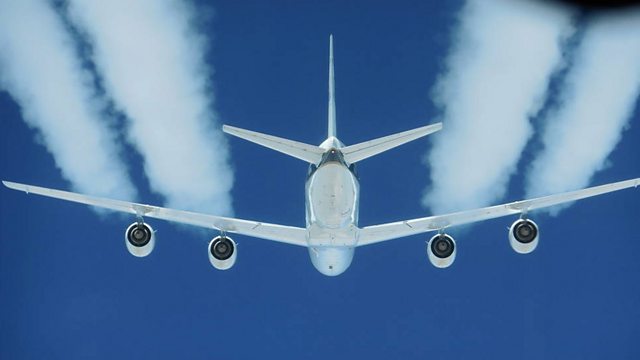
Jet Engine Pollution
Jet engine pollution; Volcanic hydrogen redefine the habitable zone; Crystal meth in Cape Town; WanderSearch; Healthcare in Syria; Line-us; Human hibernation
Some close-quarter flying in the wake of a jet has provided new insights on reducing aircraft pollution. We fly beyond Earth to hunt down exoplanets that had falsely been deemed too cold for life as our definition of the habitable zone changes.
Karen Schoonbee reports from Cape Town on the growing problem of women using crystal meth – known locally as tik – during their pregnancies. We hear from a doctor about the developmental delays experienced by these “tik babies”.
This week is the sixth anniversary of the start of the Syrian conflict. To mark this, a new study has been published in the journal The Lancet, highlighting the impact of the war on health care in the country. It concludes that healthcare in Syria is being used as a weapon of war on an unprecedented scale
A tracking technology previously used to locate New Zealand’s endangered kiwi bird is now being used to track people with dementia at risk of wandering off. We also hear how bears and lemurs hibernate in the hope that one day human could slip into suspended animation.
(Photo caption: The DC-8's four engines burned either JP-8 jet fuel or a 50-50 blend of JP-8 and renewable alternative fuel of hydro processed esters and fatty acids produced from camelina plant oil © Nasa/SSAI Edward Winstead)
The Science Hour was presented by Gareth Mitchell with comments from Melissa Hogenboom of ����ý Earth
Producer: Graihagh Jackson
Last on
More episodes
Previous
Next
Broadcasts
- Sat 18 Mar 2017 23:06GMT����ý World Service except News Internet
- Sun 19 Mar 2017 12:06GMT����ý World Service except News Internet
- Mon 20 Mar 2017 06:06GMT����ý World Service South Asia
Podcast
-
![]()
Unexpected Elements
The news you know, the science you don't

